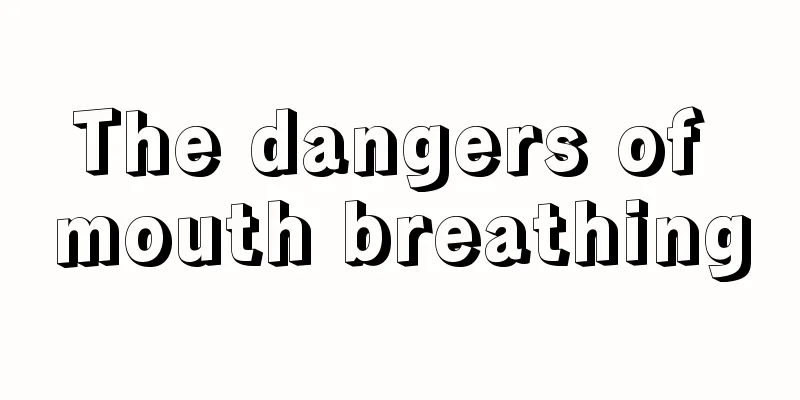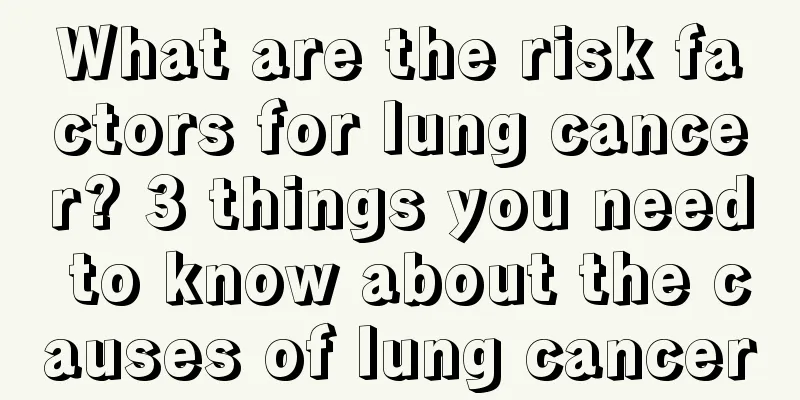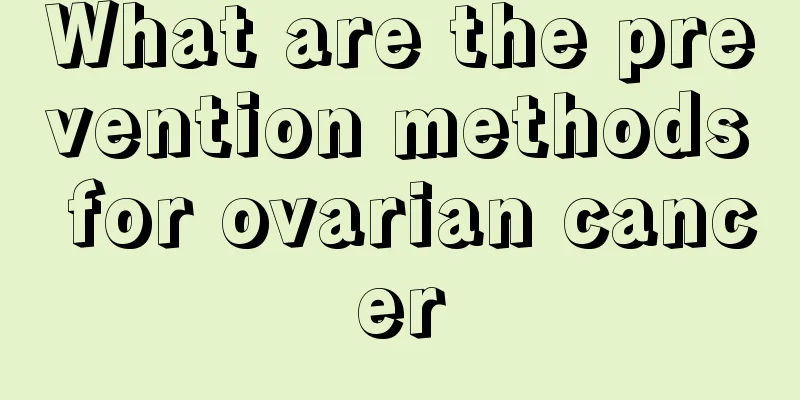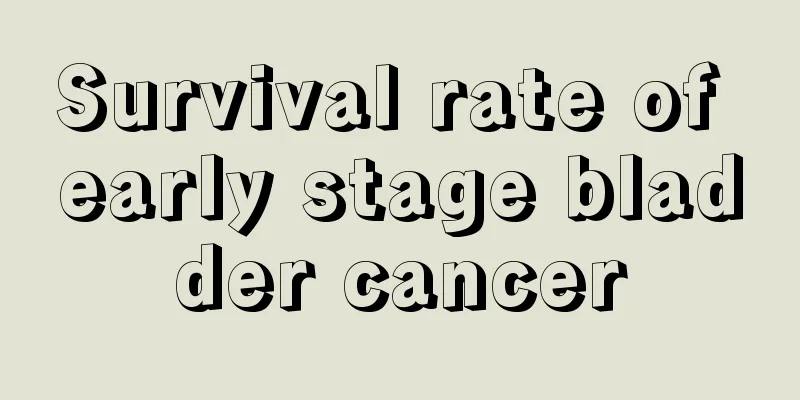The dangers of mouth breathing

|
Many people with rhinitis will choose to breathe through their mouths when they feel their noses are blocked. In fact, breathing through the mouth has many disadvantages, because there are nasal hairs in the nostrils. The main function of nasal hairs is to isolate those invisible small particles in the air. There are no nasal hairs in the mouth. When you open your mouth to breathe, many small particles in the air will be exhaled into the respiratory tract, thereby increasing the workload of the lungs. So what are the specific dangers of mouth breathing? What is mouth breathing? Mouth breathing is the abbreviation of breathing with the mouth open during sleep at night. The cause is often upper airway obstruction, including sinusitis, nasal polyps, hypertrophic nasal concha, hypertrophic adenoids, hypertrophic tonsils and other causes. If not treated in time, it will cause facial problems such as maxillary hypoplasia, maldevelopment of dentition, loose lip muscles, open lips and exposed teeth, lip eversion, protrusion of upper front teeth, narrow upper dental arch and so on. Normally, we breathe through our nasal cavity. For people suffering from rhinitis, nasal concha hypertrophy, nasal polyps, adenoid hyperplasia, tonsil hypertrophy and other diseases, the nasal cavity is blocked, so they can only breathe through the mouth instead of the nose. But there are also a few people who do not have nasal diseases, but just breathe through their mouths out of habit. Mouth breathing is dangerous for children, parents need to pay attention! The dangers of mouth breathing 1. Easily induce oral and respiratory diseases During sleep, the excitability of the vagus nerve increases and secretions increase, but the cough reflex is insensitive, and it is difficult to expel tracheal secretions in time, which weakens the body's resistance to pathogens. In addition, when breathing through the mouth, the air is inhaled directly into the lungs through the mouth without being filtered through the nasal cavity, which can easily induce oral and respiratory diseases. 2. Oral mucosa is dry and cracked Due to the changes in the dental arch, the chewing muscle tension is insufficient and the chewing function may decline. Frequent mouth breathing may also make the oral mucosa dry and cracked, and even affect the alveolar tissue. If you breathe with your mouth open while sleeping, the harm is even greater. 3. Mouth breathing causes adenoid facies It needs to be emphasized here that long-term mouth breathing will affect the normal development of the face and affect the appearance of the face! This will present a special facial appearance, manifested as open mouth breathing, atrophy of the nasal wings, thick lips, shallow nasolabial grooves, curled upper lip, crowded teeth, high arched palate, protrusion of the upper front teeth, etc. The reason for this result is that mouth breathing affects the adenoids. Due to the hypertrophy of adenoids, the development of facial bones is impaired, which manifests as uneven teeth, protruding upper incisors, thick lips, and lack of expression. Normally, the adenoids of children will shrink after the age of 12. Repeated infections will cause the adenoids to hypertrophy, resulting in nasal congestion and mouth breathing. Long-term mouth breathing will cause the airflow impacting the hard palate, causing it to deform and arch. Over time, the facial development will become deformed. What should I do if my adenoids are enlarged due to mouth breathing? The adenoids in the nasopharynx block the posterior nostrils, which not only causes "adenoid facies", but also leads to secondary sinusitis, tracheitis, frequent colds, and long-term hypoxia leading to developmental delay. In fact, children's adenoids can be examined through a thinner nasal endoscope. If the nasal opening is blocked by more than 2/3 during the non-infectious period and snoring occurs during sleep for more than 3 months, you should pay attention. If there is no improvement, surgery will be required. I think everyone knows what mouth breathing is and what harm it causes. If you have any questions, please leave a message. If this article helps you, please forward it so that it can help more people. |
<<: Aerobic respiration and anaerobic respiration
>>: Coughing when taking a deep breath
Recommend
Why do the clothes smell bad after washing?
In daily life, clothes will have a light fragranc...
How long after confinement can I wash my hair?
When it comes to confinement, the older generatio...
How to determine the thickness of the stratum corneum?
As we all know, human skin includes the stratum c...
Those delicacies that were created due to the producer's mistakes
Most classic dishes are created by chefs after ma...
Why do lumps appear in the breast?
There are many factors that may cause breast lump...
Diagnosed with lung cancer, want to know what to do next for treatment
After being diagnosed with lung cancer, patients ...
What are the ways hepatitis C is transmitted?
Hepatitis C is a contagious disease, so if you wa...
What medicine can children take to cure tonsil suppuration quickly
Tonsillitis is a disease that affects people of a...
Heels itch, especially at night_Why do heels itch at night
Some situations drive people crazy, such as itchi...
Can kelp prevent breast cancer? Eating more of these five types of food can prevent breast cancer
Among many female diseases, breast cancer has the...
The harm caused by bladder cancer
What are the harms caused by bladder cancer? The ...
Is kidney cancer contagious?
Once kidney cancer occurs, it is very difficult t...
Is chronic colitis serious?
Although many people have heard of colitis, they ...
How to choose toothpaste
Brushing your teeth frequently is something that ...
Outdoor hiking equipment
Nowadays, people know how to enjoy life, see the ...









